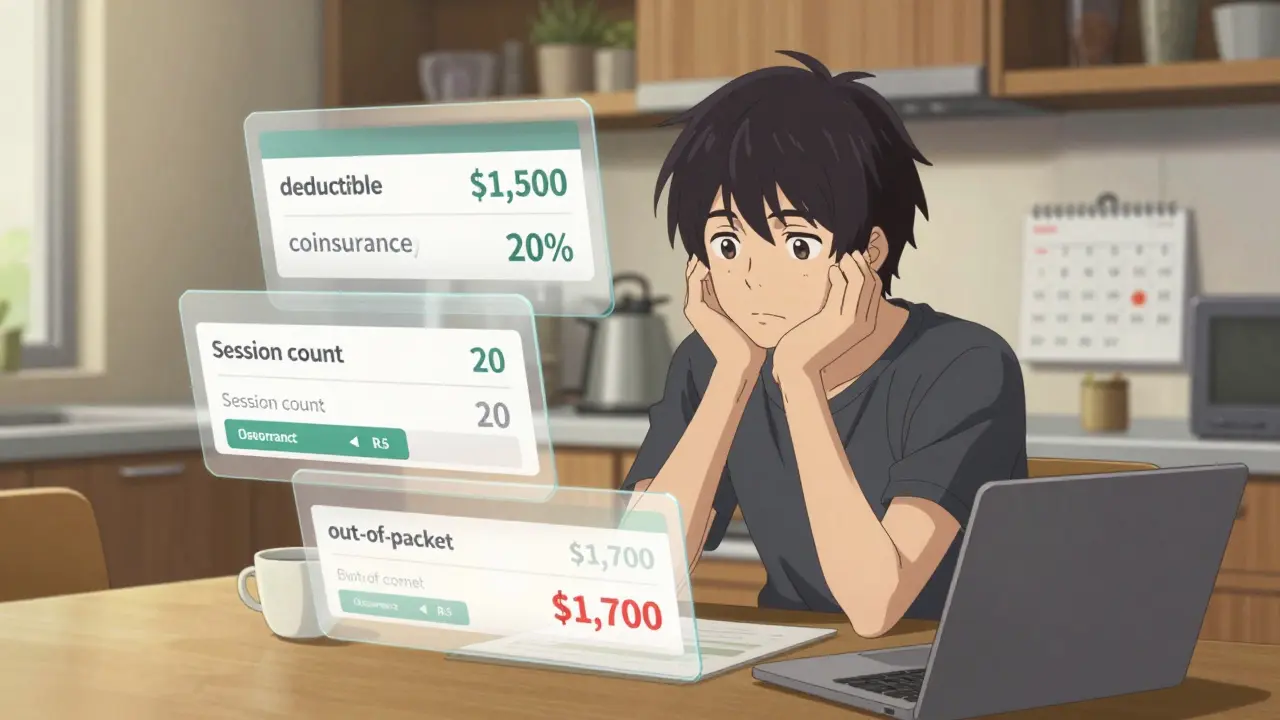Diet Supplement: How to Choose Safe, Effective Supplements
Lots of people buy diet supplements every year, but not all supplements help — and some can do harm. Want to get benefits without the risk? This page gives clear, practical steps you can use right away: how to pick quality products, avoid dangerous mixes, and find trustworthy sellers.
Quick checklist before you buy
Ask these questions before putting a supplement in your cart: Does real research back it? Is the dose realistic or a huge megadose? Is the label clear about ingredients and amounts? Look for third-party testing seals (like USP, NSF, or ConsumerLab). Avoid vague labels that say “proprietary blend” without amounts — that often hides low doses of the good stuff and high amounts of filler.
Herbal products can be powerful. For example, Chinese Mallow has specific uses and risks — read targeted articles to learn the evidence and safe doses. Also check if the supplement could clash with medications you already take. There are posts here about prednisone, spironolactone, and other drugs that explain common interactions and red flags to watch for.
How to use supplements safely
Start small. Try a single supplement at a low dose for a short period so you can spot side effects. Keep a short log: dose, time, any new symptoms. If you’re planning surgery, pregnant, breastfeeding, or on medication for conditions like high blood pressure, diabetes, or epilepsy, talk to a healthcare pro first.
Be wary of bold claims: “Cures,” “instant results,” or “miracle weight loss” are red flags. Real effects are usually gradual and backed by clinical studies. If a product promises extreme results with no effort, it’s probably a scam or unsafe.
Watch for interactions. Some supplements change how drugs work — they can boost side effects or make medicine less effective. Common troublemakers include certain herbs, high-dose vitamins, and minerals. If you take prescription meds, check interaction resources or ask a pharmacist. We have reviews of online pharmacies and guides that explain how to spot reliable sellers — useful if you buy supplements online.
Keep it simple with dosing. Bigger isn’t better. Many nutrients have a safe range; exceeding it can cause harm. Store supplements in a cool, dry place and check expiry dates. If a capsule smells off or a powder clumps, toss it.
Want to save money without risking quality? Compare brands, look for discounts on verified sellers, and avoid cheap bulk products with low transparency. If a lower-cost brand shows third-party testing and clear labels, it can be okay. Otherwise, pay a little more for verified quality.
If you want tailored help, read our posts about specific supplements and drug interactions. Use those articles to match evidence to your goals instead of guessing. When in doubt, ask a healthcare provider — a quick chat can prevent a long-term problem.
Follow the checklist, start small, and track results. That’s the simplest way to get the benefits of diet supplements while avoiding the common traps.
Transform Your Body with Androstenediol: Strength and Stamina Boost
Androstenediol is capturing attention as a powerful dietary supplement that aids in enhancing physical strength and stamina. By supporting hormonal balance, this supplement may help build muscle mass and improve workout performance. The article explores the benefits, usage, and considerations of integrating Androstenediol into your fitness regime. This guide offers practical tips on maximizing its effectiveness while maintaining health safety.






